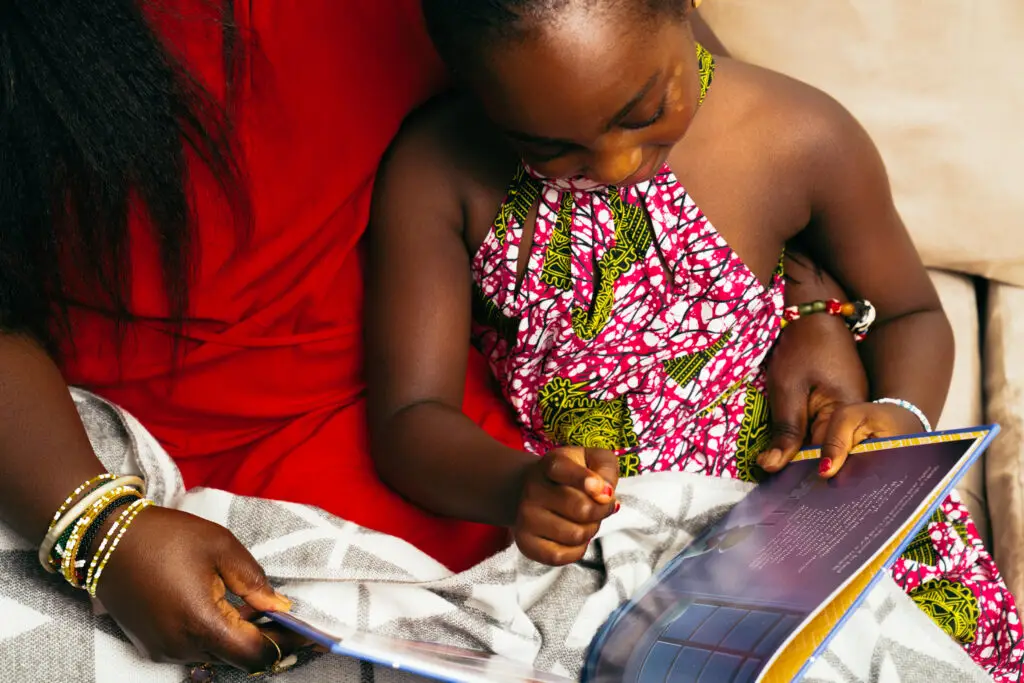Village of Wisdom aims to close Durham’s academic opportunity gap through parent advocacy

William Jackson grew up in the metropolitan area of Atlanta, Georgia, where he saw members of the Black community across all parts of the socioeconomic spectrum.
In 2010, he moved to Durham, North Carolina to pursue a doctorate degree in Education at UNC-Chapel Hill. Four years later, he founded Village of Wisdom, a nonprofit dedicated to supporting Black families by eliminating racial injustice in schools.
In his thesis research for his Ph.D program, Jackson focused on figuring out how children developed independent learning skills.
“The more I learned about self-regulated learning, the more I learned about how culture is necessary to the actual learning process,” he said. “The more I learned that this idea of connecting prior knowledge to new information was actually what learning is.”
It became apparent to him that Black students were having such a challenging time in American classrooms because of a cultural disconnect.
For example, he said, even though there are a lot of activities in Black culture that include counting, such as games of checkers and dominoes, there are limited references to those activities in math classes.
Jackson added that even though his colleagues spoke a lot about trauma-informed care, 一the practice of centering a patient’s life experiences in their healthcare一 they weren’t talking about the trauma of experiencing racism in a learning environment.
“When you’re pissed off or angry,or upset or sad, it’s not a great time to learn,” he said. “We spend so much time pissing off Black kids, making them angry or making them sad, and then wondering why they’re not learning at the same time.”
Aya Shabu, the director of arts and culture at Village of Wisdom, said that the organization started to help Black families navigate a racist and inequitable school system.
Evidence suggests that the more Black children hear affirmation from their parents, the better they do in school, Jackson said.
“The idea was like, ‘okay, how do we get a whole bunch of Black parents together to talk to each other about how they’re going to affirm their kids in school and trying to encourage them to do that as early as possible and as much as possible?’” he said.
One of the organization’s key values is the idea of Black genius: that all Black children are born as geniuses.
Denise Page, a Black parent reflective partner with Village of Wisdom, said when she thought about Black Genius, she said, it was always about the inventions of the past.
She said that being a part of Village of Wisdom has changed her parenting. Even though Page had encouraged her children, she said she had never racially encouraged them with the word “genius.”
“It is important for me now, being in Village of Wisdom, that all Black kids see themselves as geniuses, and it doesn’t have to be an academic,” Page said. “ It doesn’t have to be an instrument, it can be anything.”
According to Shabu, Village of Wisdom has expanded its priorities to focus on what liberation looks like and how liberatory spaces can be created for Black youth. She said she works with parents to provide a solution to the lack of Black voices in decision-making, by curating art and events in the community.
Shabu said the organization has recently created the Black Genius mobile classroom, which is a free-standing accordion door that has been activated with art, history, quotes and affirmations.
The door can go into any space and affirm the environment with a Black cultural liberatory lens, she said.
“Our research division develops a lot of the tools,” Shabu said. “We have a Culturally Affirming Climate Survey, we ask students, ‘how culturally affirming is this learning liberatory and loving environment for you?’ And that feedback is able to help a school and a classroom make changes, that would better serve those students.”
Page said parents in the Village of Wisdom can work across the organization’s different departments.
She said even though she is from Chapel Hill, she’s made friends across county lines through the organization.. The parents of Village of Wisdom go through life together and are there for each other, Page said.
“Rest is a thing we have to do, because this work is hard,” she said. “ You do as much or as little as you would like to do in the Village of Wisdom. It is not something that is ‘You have to do this all the time or else you’re not a part of it’, it’s whatever works for you.”
Jackson said that Village of Wisdom is creating a parent leadership journey and the whole point of the organization is to put parents in positions of power.
Parents often attend school board meetings to advocate and share their research and school board members are asking the parents what they should do, he said.
“That’s when I always feel like all of this is having an impact, is whenever there’s this moment where parents are being looked to for their expertise, and folks are listening to them,” Jackson said.
Edited by Dezarae Churchill